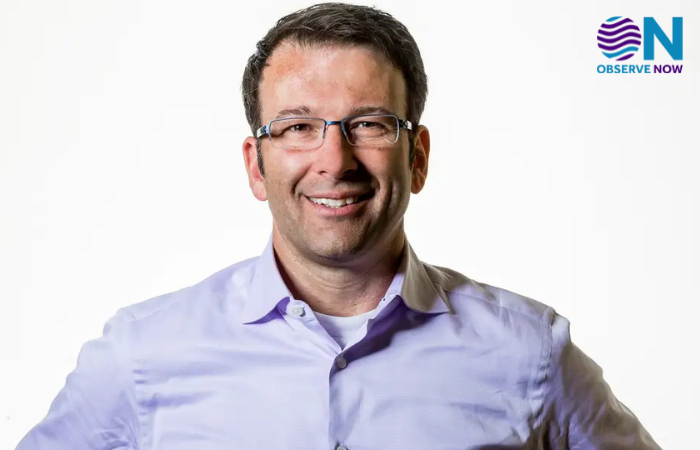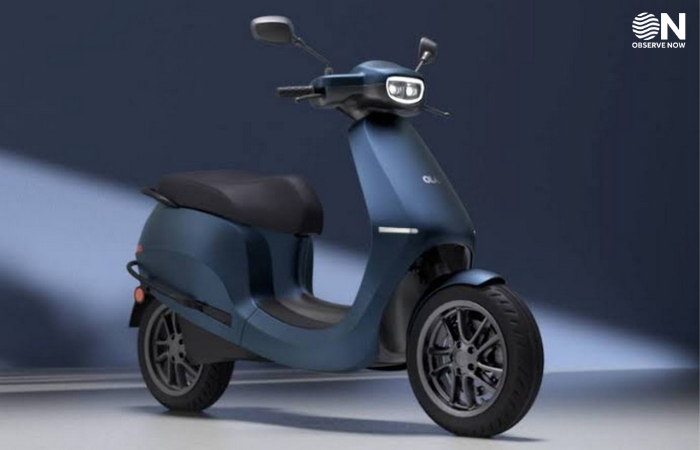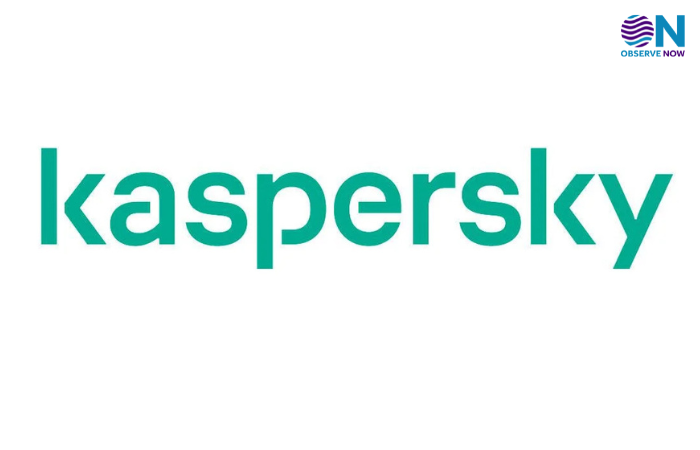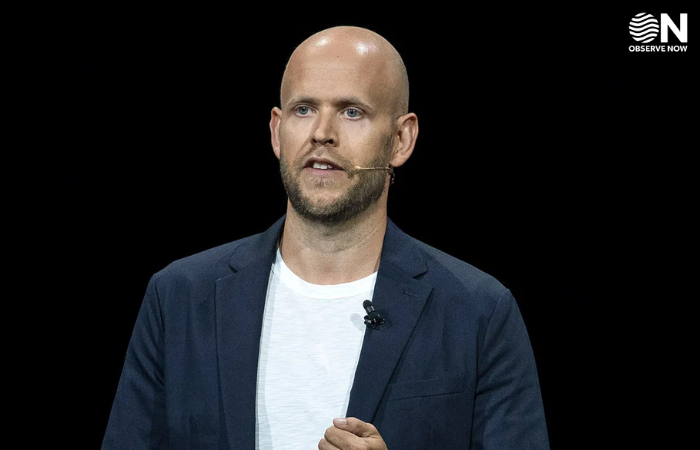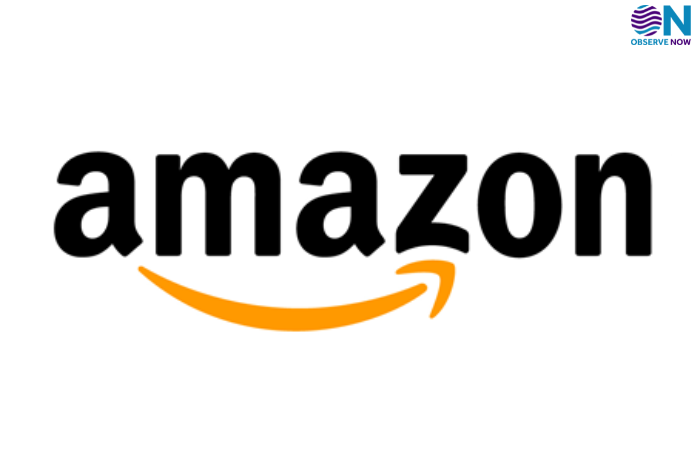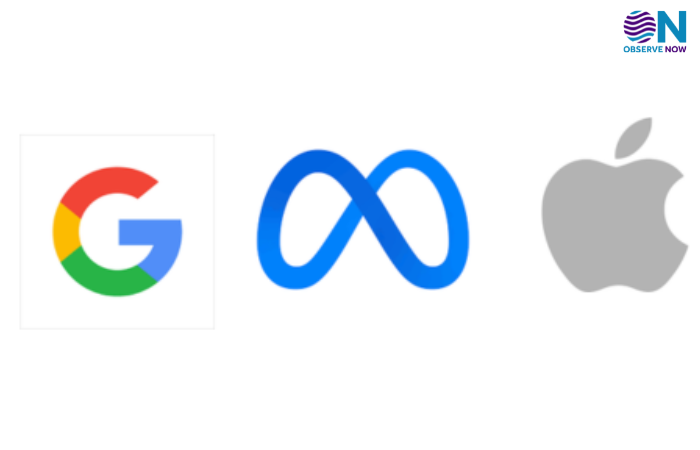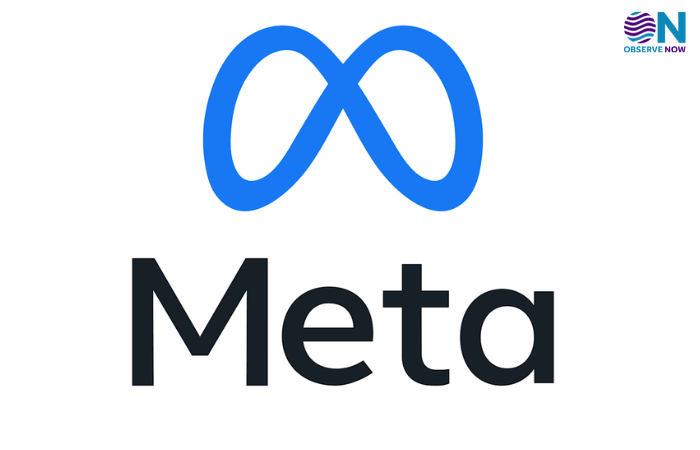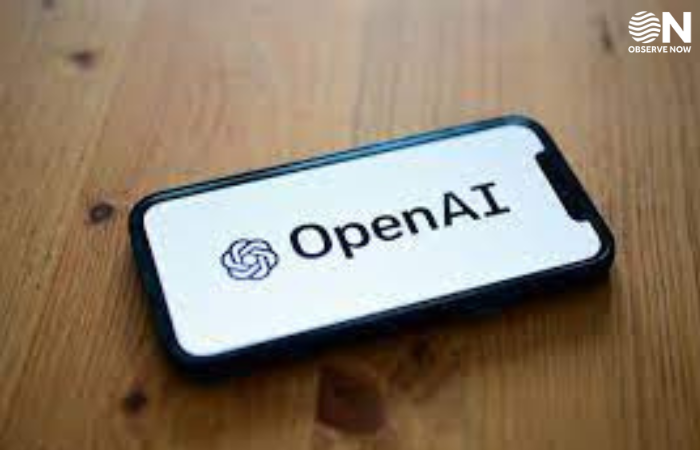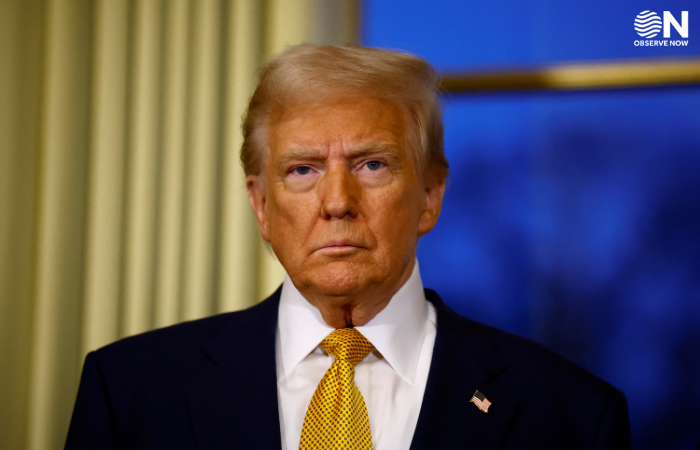Judson Althoff Appointed CEO of Microsoft’s Commercial Business as Satya Nadella Refocuses on Technology
Microsoft has announced a major leadership restructuring with Judson Althoff taking charge as Chief Executive Officer of the company’s commercial business. The move marks a significant shift in responsibilities, freeing up CEO Satya Nadella to dedicate more of his time and energy to advancing Microsoft’s technology vision, particularly in the fast-evolving field of artificial intelligence.
Althoff, who has been with Microsoft since 2013, previously served as Chief Commercial Officer and played a critical role in shaping the company’s sales and customer engagement strategies. Over the years, he has been instrumental in driving the growth of Microsoft’s global cloud and partner solutions, aligning its business development closely with customer needs. With his new position, Althoff will lead a consolidated commercial organization that brings together sales, marketing, operations, and engineering, ensuring a seamless connection between product innovation and customer experience.
Nadella emphasized in his internal message to employees that the change reflects Microsoft’s need to adapt to what he described as a “tectonic shift” driven by AI. By handing Althoff greater control of the commercial structure, Nadella aims to focus directly on technical leadership, including breakthroughs in AI models, systems architecture, and datacenter innovation. According to Nadella, this approach will strengthen both the operational execution of the business and the company’s long-term research priorities.
The decision underscores Microsoft’s dual strategy of reinforcing its commercial momentum while simultaneously deepening its role as a leader in next-generation technology. With Althoff overseeing business execution and Nadella driving technical excellence, Microsoft is positioning itself to navigate intense global competition and capture the opportunities presented by the ongoing AI revolution.


